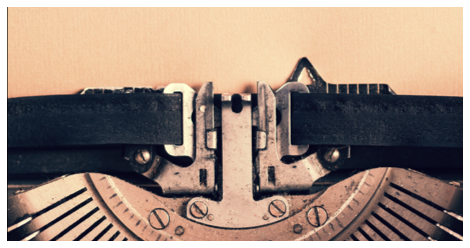
10 Arab Writers Rising Star Hilal Chouman Thinks You Should Read
On an August Saturday, we had a three-city Skype interview: Translator Anna Ziajka Stanton and I were both on the East Coast, while Lebanese novelist Hilal Chouman was in his apartment in Dubai. It was morning for me and Anna; late afternoon for Hilal. In both time zones, there was a scramble for a pre-interview cup of coffee.
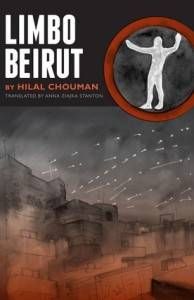
At some point in the conversation, I asked both Anna and Hilal to give me an elevator pitch for Limbo Beirut. A couple years ago, when co-interviewing Nael Eltoukhy and Robin Moger, Robin had said given this: “Good evening. Women of Karantina is a savage comic epic, relentlessly ironic, uncompromisingly rude, profoundly moral, totally true, good value for money, and available online.”
I’ve been plying the question ever since.
Hilal didn’t bite: “I usually don’t talk about my books, it’s pretty embarrassing for me.” (This, after we’d been discussing his books for about an hour.)
He preferred to talk about the creative process, he said. Or, failing that, “I usually recommend other books that I like.”
So, then:
- Rabee Jaber (b. 1972)
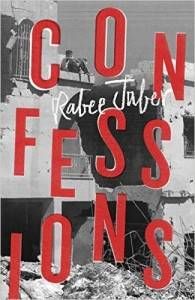
Among the reclusive Jaber’s more recent novels, Hilal said, “He really made a breakthrough with Tuyur al-Holiday Inn (Birds of Holiday Inn), which is an expansion of Confessions.” While Birds of Holiday Inn is not yet in English, Kareem James Abu-Zeid did translate Confessions into a skin-tingling, flat-out-gorgeous English. It was published by New Directions earlier this year.
- Elias Khoury (b. 1948)
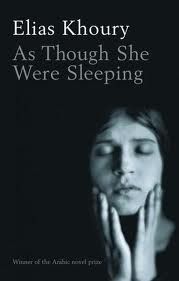
- Jabbour Douaihy (b. 1949)
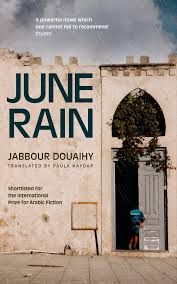
Fortunately, you can still get Douaihy’s June Rain from HBKU Press, the successor to Bloomsbury Qatar.
- Hoda Barakat (b. 1952)
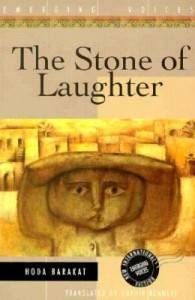
The Stone of Laughter was translated into English by Sophie Bennett; Barakat’s other novels have been translated by Marilyn Booth, including the latest, which has (shockingly and regrettably) not yet found a publisher.
“These are people who really influenced me,” Hilal said. “When other people are doing great things, it gives you a push.”
What about other writers?
- Sahar Mandour (b. 1977)
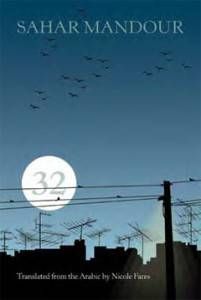
Mandour does have one novel in English translation, 32, which follows the life of a young woman, her four female friends, and a Sri Lankan domestic worker, which is just out in translation from Syracuse University Press. Vienna isn’t yet available in English, although it has been reviewed in Bidoun.
- Iman Mersal (b. 1966)
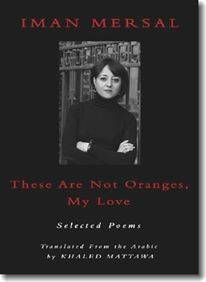
- Mohamed Rabie (b. 1978)
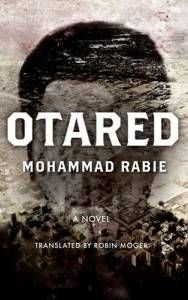
While you’re waiting for the translation, you can read an excerpt on Mada Masr.
8. Ahmed Naji (b. 1985)
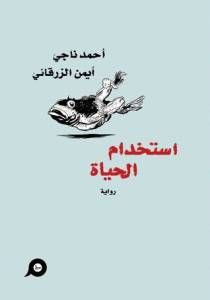
I hope to do a multi-city interview with Ben and Ahmed, although Ahmed Naji is currently serving two years in an Egyptian prison for the “explicit sexual content” in an excerpt of the novel published in Akhbar al-Adab magazine.
Hilal said that the two books — Limbo Beirut and Using Life — have been taught together, in Arabic, in university courses. They both have illustrations, although Hilal notes that Using Life is more of a hybrid text. They also share something else: Hilal’s initial choice of publisher, Dar al-Adab, was afraid that Limbo Beirut might not be allowed into Gulf markets, as some of the book’s illustrations are of naked humans. The book eventually came out with the excellent Dar al-Tanweer, the same house that published Naji’s book. Hilal added he hasn’t heard of any censorship issues with Limbo Beirut.
Using Life isn’t yet out in English, but you can read the chapter that got Ahmed Naji two years in jail, translated by Ben Koerber.
9. Haitham al-Wardani
“I like Haitham al-Wardani so much!” Hilal gushed, insisting that he always tells his friends “Haitham al-Wardani is Lebanese, he’s not Egyptian.”
“I really think he’s Lebanese,” Hilal explained, because of “the way he writes his sentences, it’s very different” from the way most Egyptians use language.
“When you read Egyptian novels, you have a chaos going in the background. It’s very different from Lebanese literature.”
There isn’t much of al-Wardani’s writing available in translation, but you can find his “Notes on Disaster” on ArteEast, translated by the prolific Robin Moger.
10. Youssef Habchi El-Achkar (1929-1992)
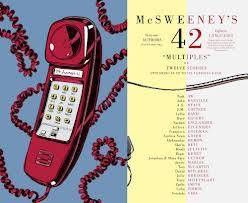
“I think he’s one of the greatest Lebanese novelists of all time,” Hilal said, “especially when it comes to the modern Lebanese novels.”
Other writers Hilal doesn’t want you to neglect include Syrian short-story writer Rasha Abbas, Egyptian novelists Ibrahim Aslan and Nael Eltoukhy, Japanese writers Yuko Ogawa and Banana Yashimoto, and “I also forgot to mention Anton Shammas! I love Arabesques!”
















